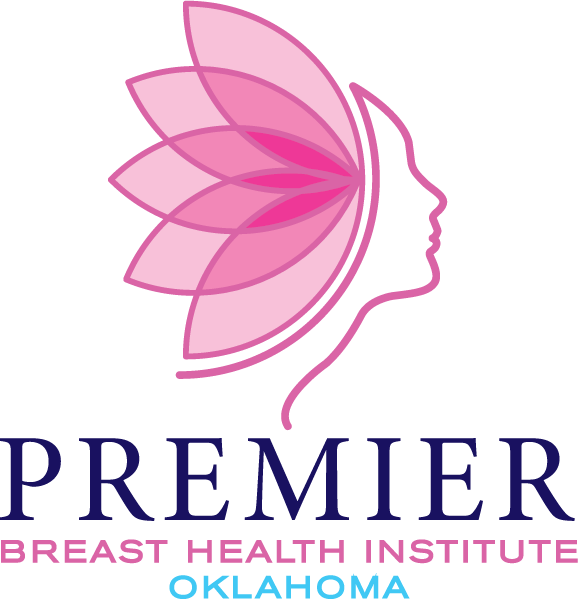
Understanding Genetic Testing & Counseling

What Is Genetic Testing?
Genetic testing looks for changes, also called variants, in your DNA that may influence your risk of developing certain diseases or conditions. These tests can identify inherited mutations linked to specific cancers, heart conditions, or other health concerns.
While results cannot predict with certainty whether you will develop a disease, they can help you understand your level of risk and inform choices about screening and lifestyle.

What Is Genetic Counseling?
Genetic counseling is the process of helping individuals and families understand how genetic factors may affect their health. A genetic counselor is a trained healthcare professional who can:
Review your personal and family medical history
Explain how inheritance works and what testing can reveal
Discuss the benefits, limitations, and possible results of testing
Provide emotional support and clear next steps, regardless of the outcome
Counseling ensures that genetic information is interpreted accurately and meaningfully.
Who Might Consider Genetic Testing
Genetic testing may be recommended for people who:
Have a personal or family history of breast, ovarian, pancreatic, or prostate cancer
Have multiple relatives on the same side of the family with similar cancers
Have family members diagnosed with cancer before age 50
Want to understand their genetic risk to make proactive healthcare decisions
Have a known gene mutation in the family (for example, BRCA1 or BRCA2)
It’s important to note that not everyone needs or benefits from testing—genetic counseling helps determine if it’s appropriate for you.

What Happens During Testing
If testing is recommended, the process is typically simple:
1. A saliva or blood sample is collected.
2. The sample is sent to a certified laboratory for analysis.
3. Results are reviewed with a healthcare provider or genetic counselor.

The results can show:
Positive Results:
A genetic change associated with increased risk was found.
Negative Result:
No known harmful changes were detected.
Variant of Unknown Significance (VUS):
A genetic change was found, but its impact isn’t yet known.
Each result is interpreted in the context of your medical and family history to guide next steps.
Why Genetic Information Matters
Knowing your genetic risk can help you:
Inform treatment choices:
In some cases, test results can guide medical decisions.
Support family members:
Relatives may also benefit from learning their potential risks.
Adopt preventive strategies:
Lifestyle changes, medications, or preventive surgeries may be considered.
Personalize screening:
Start earlier or screen more often for certain conditions.
Key Takeaways
Genetic testing and counseling can empower individuals with knowledge about their health risks.
Not everyone needs testing; professional guidance helps determine if it’s appropriate.
Results should always be interpreted by a qualified provider.
Understanding your genetic background can help shape proactive, personalized healthcare.

Have Questions?
If you have questions about genetic testing or counseling, please reach out to our team at Premier Breast Health Institute. We’re happy to discuss your concerns, help you determine if testing is right for you, and guide you toward trusted resources and next steps.




